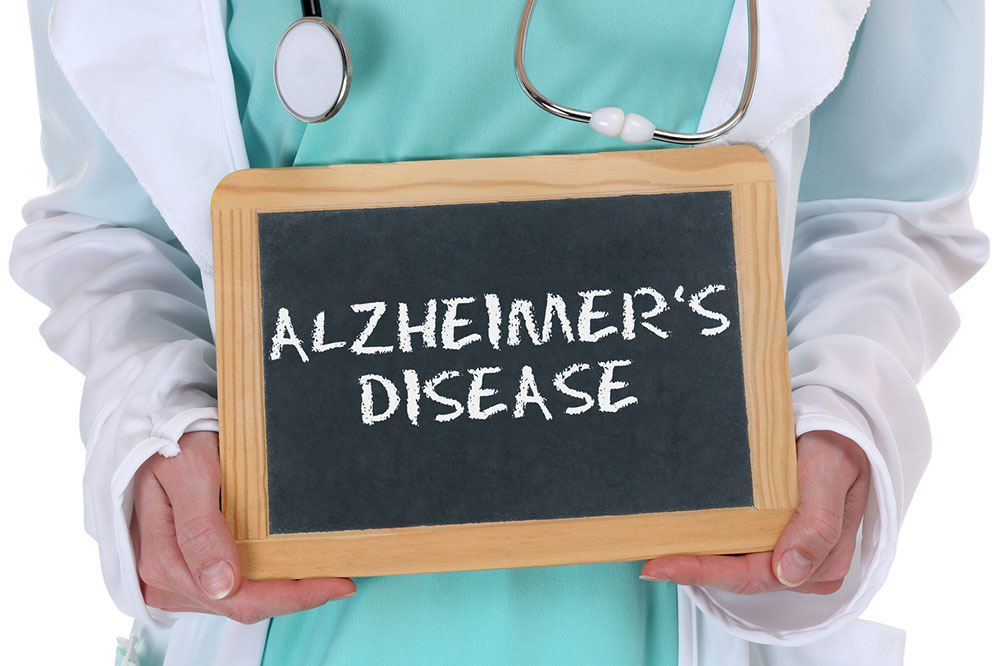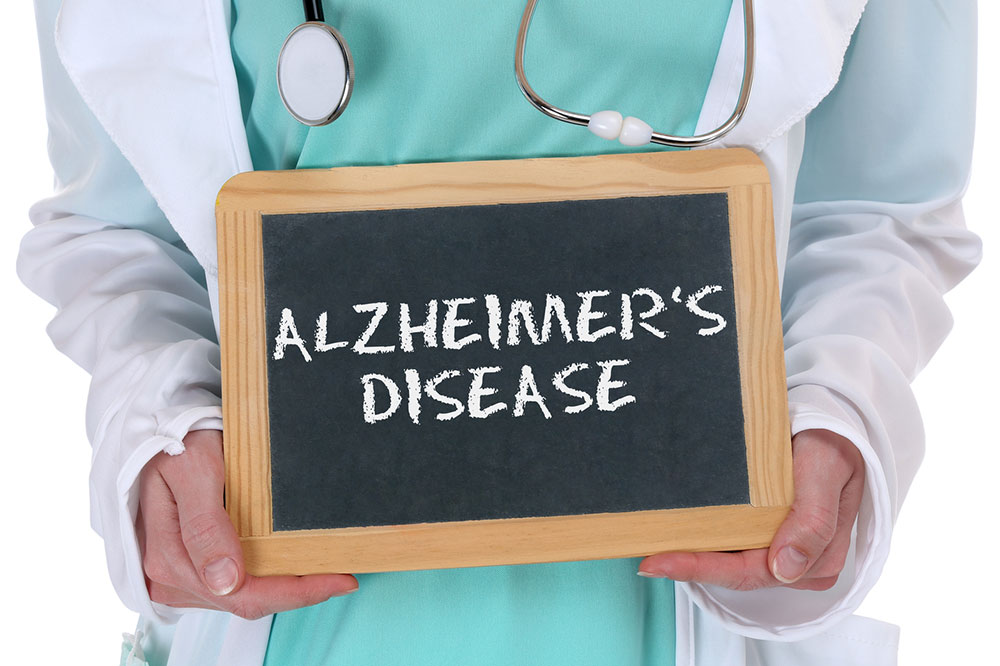Comprehensive Overview of Alzheimer’s Disease: Symptoms, Causes, and Management Strategies
This comprehensive article explores Alzheimer's disease, detailing its symptoms, causes, progression stages, diagnostic methods, and current treatment options. It emphasizes early detection and lifestyle strategies to improve quality of life for those affected by this neurodegenerative disorder.

Comprehensive Overview of Alzheimer’s Disease: Symptoms, Causes, and Management Strategies
Alzheimer’s disease stands as one of the most common and devastating forms of dementia, significantly impacting millions of individuals worldwide. It is a progressive neurodegenerative disorder that gradually impairs cognitive functions, memory, and the ability to perform everyday activities. Understanding Alzheimer’s is essential for early diagnosis, effective management, and improving the quality of life for those affected. This article provides an in-depth exploration of the disease, covering its symptoms, underlying causes, stages, diagnostic procedures, and available treatment options.
Alzheimer’s disease typically begins subtly, with minor forgetfulness and difficulties in recalling recent events. As it advances, serious cognitive impairments emerge, affecting language, reasoning, and overall mental clarity. The disease ultimately leads to a loss of independence, severely impacting the ability to communicate and manage daily routines. Recognizing the early signs is crucial, enabling timely intervention and support.
Recognizing Early Signs and Symptoms: Initially, individuals may experience forgetfulness that seems benign but gradually worsens. Common early symptoms include difficulty remembering recent conversations or appointments, disorientation in familiar environments, and challenges in planning or problem-solving. Behavioral and personality changes such as mood swings, irritability, and withdrawal from social activities are also common. Poor judgment, difficulty retracing steps, and decreased attention span can negatively affect daily routines and decision-making, including managing finances. Depression and anxiety may also arise, compounding the emotional burden of the disease.
The precise causes of Alzheimer’s disease remain elusive. However, research indicates that a combination of genetic, environmental, and lifestyle factors contribute to its development. Risk factors include advanced age, which is the most significant; a family history of Alzheimer’s or other dementias; and certain health conditions such as cardiovascular disease, hypertension, and high cholesterol. These factors can influence brain health and increase susceptibility to neurodegeneration.
The progression of Alzheimer’s can be categorized into several stages, helping in understanding the severity and planning appropriate care. The disease advances through phases: preclinical (no obvious symptoms but underlying brain changes), mild cognitive impairment (mild forgetfulness and cognitive difficulties), and dementia (significant memory loss and functional decline). The Alzheimer’s Association delineates seven stages, from no impairment to severe cognitive decline, emphasizing the importance of early detection.
Diagnosis primarily relies on clinical evaluation, including detailed medical history, neurological examinations, and assessment of cognitive functions. Imaging techniques such as Magnetic Resonance Imaging (MRI) and Computed Tomography (CT) scans are used to visualize brain structures and rule out other conditions. Blood tests and genetic screenings can provide additional insights, especially for individuals with a family history. Early diagnosis helps in managing symptoms more effectively and planning appropriate interventions.
While there is currently no cure for Alzheimer’s disease, several treatments aim to alleviate symptoms and improve patients’ quality of life. Pharmacological options include cholinesterase inhibitors (such as Donepezil, Rivastigmine) and NMDA receptor antagonists (such as Memantine), which can help preserve cognitive functions temporarily. Moreover, non-drug therapies focusing on cognitive stimulation, physical activity, and behavioral management are integral components of care. Support systems, including counseling and caregiver education, are vital in addressing behavioral changes and ensuring comprehensive care for patients and their families.
Ongoing research continues to explore innovative approaches, including potential disease-modifying therapies, lifestyle interventions, and early detection technologies. Public health initiatives emphasize raising awareness and promoting brain health through lifestyle modifications such as healthy diet, regular exercise, and mental engagement. Early intervention remains key to slowing progression and maintaining the highest possible level of independence for as long as possible.





